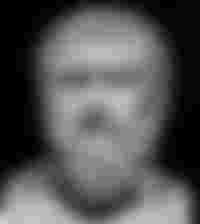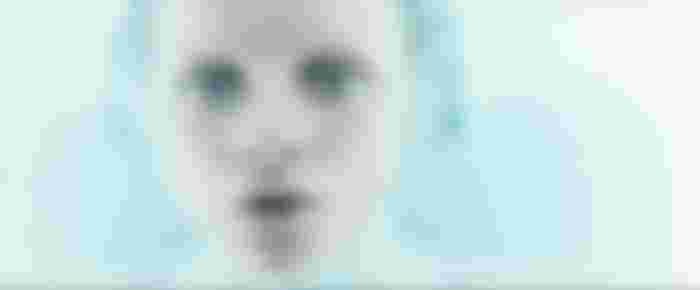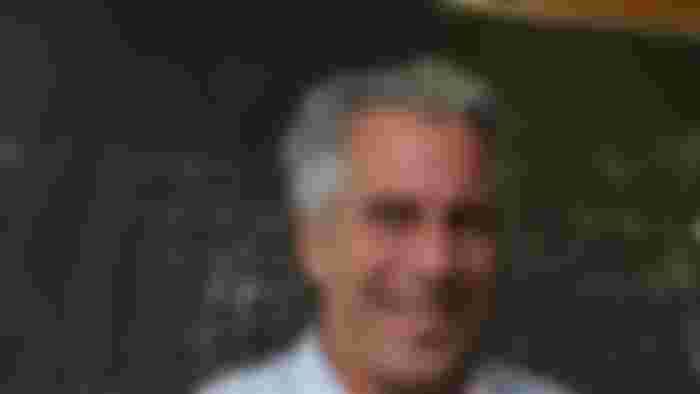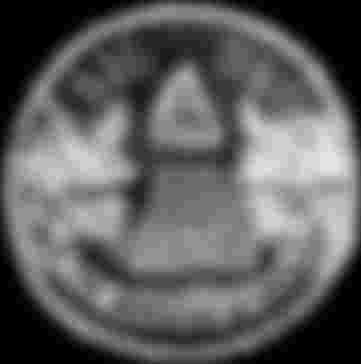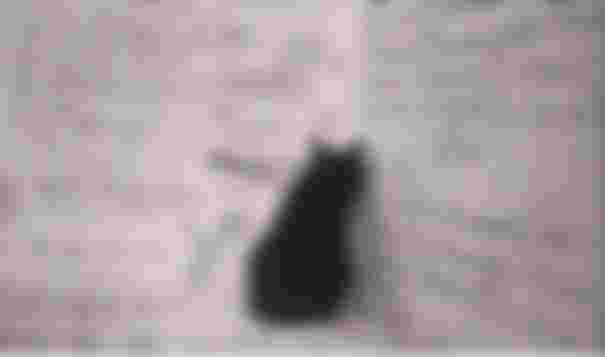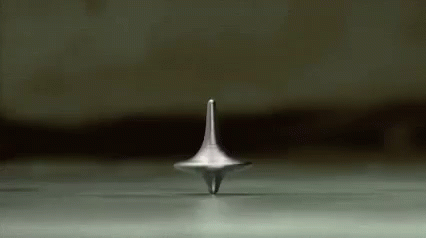(The Archive: Article) When you dream, can you tell you are dreaming? How do you tell what is true and what is not? Do you honestly listen to the opposite view and suspend your disbelief in order to see things differently? How do you tell if the opposite view you've found is a good one? Debate and differing viewpoints are to be cherished, not banned, if we are truly seeking the truth.
The reality of things is always in shades of grey, always depending on perspectives. The surface of a black hole is probably the blackest you will ever get. But even the biggest and blackest still radiates about 20 nano kelvins, or about 100 times colder than the most empty patch of night sky you could find. Nothing is fully black. The brightest star still emits light according to a distribution relative to its surface temperature. It is not 100% white.
And so, just as the philosophers of old did, millenniums ago, I invite you to a journey to seek that brightest of light so it may enlighten our paths in seeking truths. We begin in a cave. But be warned: if you answered no to the first question of my article, you may just be dreaming. You should wake up.
Past and future truths
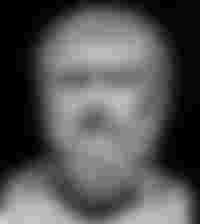
In the Allegory of the Cave, Plato reminds us that what we feel with our senses, can be flawed and mislead our interpretation of reality. Maybe you saw a ghost? Maybe you saw a UFO? But a UFO is just the acronym for an Unidentified Flying Object. So if you can't identify it, you probably
are saying the truth. For the ancient Greeks, the truth was summarised fairly well in Euclid's Elements. That is, the senses were flawed but there existed a truth made up with axioms and geometry. That lasted until the 19th century when non-euclidean geometry proved Elements' truths to not always be true. The interior angles of a triangle only add up to 180 degrees sometimes. It depends.
In Memento, the truth is tattooed or photographed. This is what happens when you lose long term memory. When you lose context of historical events. The story is told partly backwards and only in the end do you get the full picture. Out of this we understand also that context matters and that relative perspectives can alter the truth.
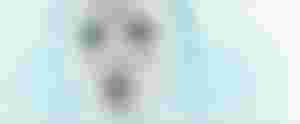
When portraying the year 2054 in The Minority Report, author Philip K. Dick warns us about our future application of pre-crime: Not all clairvoyant "Precogs" agree as to which future is true.
Fast forward to 2200 and Neo, in The Matrix, awakens in a nightmarish reality which he is told is the truth. That implies that all his previous truths, of which he had no reason to doubt, were in fact false: The very Foundation of what he perceived as reality was unreal. Or so Morpheus claimed...
Untrue foundations
It is incredibly difficult to establish absolute truths or absolute falsehoods as mathematics's foundations are flawed like this (source: Veritasium):
Incomplete (not everything can be proven)
Possibly inconsistent (cannot prove it own consistency)
Undecidable (Unpredictable)
Even psycho-historians, the most famous of which, Hari Seldon, as described by Isaac Asimov in Foundation, make mistakes. Because in the end, The Mule proved to be a chaotic element to the cycle of Foundation, which shook it to its core. Psycho-history's predictions of the future had not accounted for the theory of chaos and its lessons about the unpredictability of complex systems. All it took was a single being to completely change the truth, given enough iterations.
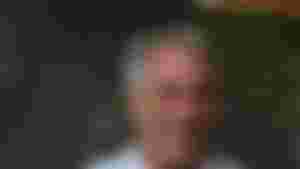
Our legal systems worldwide are based on the interpretation of laws and laws can be modified, amended, etc. Like religious texts, laws were written by men, and at large, history has shown us that law is an imperfect science. And sometimes it is purposefully so; Those interpretations allow for certain events to remain legal or for certain texts to remain
true. Jeffrey Epstein killed himself, after all. Or did he? Everything remains legal in a system that legalises crimes. If those in power benefit from that crime, they are likely to legalise it somehow. It's Goebbels again: The Truth can be made to be whatever your resources can pay for. A Ministry is the best to administer the truth.
Administrating truth
In his novel, 1984, Georges Orwell presents to us the Ministry of Truth. His inspiration stems from the British Ministry of Information during World War 2. He works for the BBC and his wife for the ministry's censorship division. Many parallels come to mind with today's increasingly divided world: Oceania, Eurasia and Eastasia. As surveillance gets more invasive, as populations are kept on a constant war effort, The Ministry of Truth is ominous in its own way as it rewrites history.
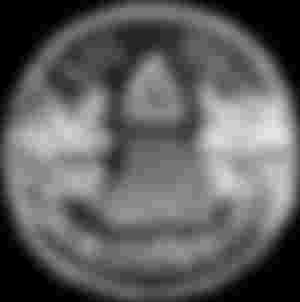
“Everything faded into mist. The past was erased, the erasure was forgotten, the lie became truth.” ― George Orwell, 1984
Did it serve as inspiration for today's society? Too often I find that nowadays, the Fact Checkers only end up with a collection of self-referencing truths. If they can find it in Wikipedia, it is most certainly true - so they think. Ask a fact checker if Jeffrey killed himself. And if certain facts are required, it is possible to create them. Other news organisations have come up with cool services aimed at "fighting disinformation" and "helping people to know what is true and what is false". We all seek the truth. Because it is so hard to find. Having it presented to me on a corporate platter that says: "This is the truth!", is naive. Telling people what is true and what is false conditions them to stop thinking critically. And yet, everything is relative.
Relativistic truth
According to Albert Einstein's theory of General Relativity, two different observers can disagree on the timing or the distance of events, yet both are right in their own frame of reference. Time and distance are relative terms and for us, inhabitants of Earth, it makes a negligible difference in our everyday lives. That difference is still important when building a global satellite system such as the GPS or sending probes to Mars. But overall in the universe, truths are known to be relative to the observer's point of view. To sum up this paragraph, let us simply recall that in the end, Einstein's theory allows for such disagreements in terms of time or distance but it does not allow for disagreements in terms of spacetime intervals. Those are common to all observers, in all frames of reference... Except when dealing with quantum physics.
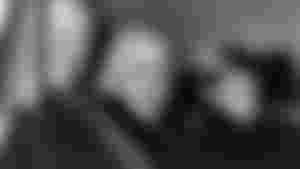
Quantifying truth
In the quantum realm of physics, describing reality requires a new set of tools. Newtonian dynamics and relativity break at the quantum scale. Our theories are incomplete. Heisenberg's Uncertainty Principle and the quantum nature of reality really messes up your idea of 100% certainty about the position and velocity of a given particle. It seems impossible to measure both values with precision, at the same time. Couple that with entanglement and we have a big mess of reality. The superposition of states and Schrödinger's cat just makes true and false coexist. At least, according to Einstein, there is preservation of causality. This is another way of saying that entropy cannot be reversed. And all of that, is of course, as long as we don't have a causality inverting machine as in Tenet. That would just mess up what is true and false much much more.

Now think of the inscrutable event horizon of a black hole which grows each time some information falls in. Or think of the ever more distant cosmic horizon to realise that parts of our reality are being forever hidden from us. Truths and proofs are so hard to establish that the world we live in must be seen trough a kaleidoscope of perspectives and theories to establish what is more likely to be the truth. Reading history as well as debates and discussions, that's how you can get a sense of truth in this world. It is not by checking the most upvoted meme or tweet that you build knowledge and critical thinking. Do not be like Leonard Shelby in Memento, unaware of history. I also hope you are not like Cypher in The Matrix who chose to live in the matrix because "Ignorance is bliss." Taking the Blue Pill was always the easier choice. Maybe you're like Dominick Cobb in Inception, still dreaming and can't tell the difference. WAKE UP!
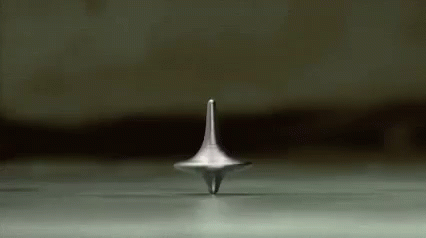
Thanks for reading.
Image sources / Further suggested reading (simulation hypothesis, reality, consciousness):
https://frc.ri.cmu.edu/~hpm/project.archive/general.articles/1998/SimConEx.98.html
https://bombthrower.com/articles/late-stage-globalism-when-anything-that-is-not-censored-is-a-lie/
https://notimeforfun.bandcamp.com/album/ministry-of-truth-lp-u-r-020
https://economictimes.indiatimes.com/blogs/et-commentary/making-schrodingers-cat-purr/
